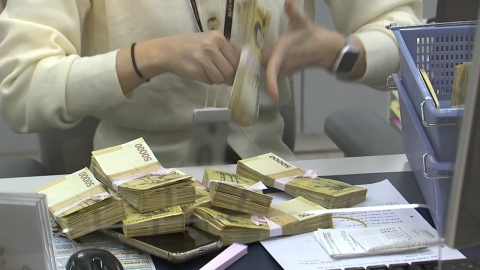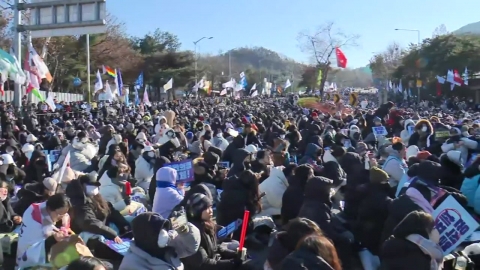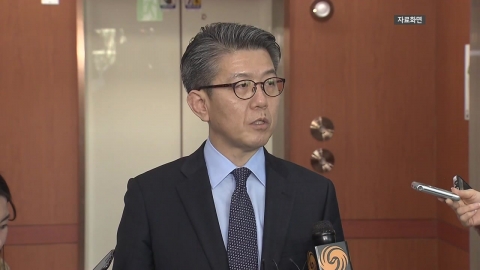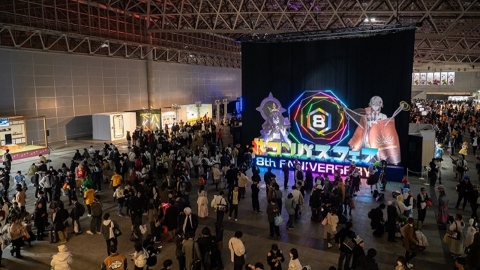The Supreme Court upheld the original ruling last month that sentenced A, the head of the Korea Environment Corporation, to six months in prison and two years of probation for violating the anti-graft law.
Mr. A was put on trial in October 2018 on charges of raising the grade of packaging collected by Company B after receiving a request from Company B's CEO, who collected and selected packaging materials, and handed them over to recycling companies.
The anti-graft law considers it an illegal solicitation to require public officials in public institutions to evaluate or exercise matters that do not belong to their authority in violation of the law.
The Supreme Court explained that A's act of giving excessive evaluation scores at the request violates business processing standards and is against equity and clearly violates the purpose of work.
※ 'Your report becomes news'
[Kakao Talk] YTN Search and Add Channel
[Phone] 02-398-8585
[Mail] social@ytn.co.kr
[Copyright holder (c) YTN Unauthorized reproduction, redistribution and use of AI data prohibited]
Society
More- "If you can't stop the increase of students next year, you should stop recruiting medical schools in 2026".
- Intention to delay the impeachment trial...Consideration of service
- The first investigation since the arrest of the intelligence commander...The NIS director investigates the reference person.
- Police said, "All participants in the emergency martial law hamburger meeting will be summoned."





![[Y Review] "Bogota" without Woollim...Only Song Joong Ki's transformation and exotic scenery shine.](https://image.ytn.co.kr/general/jpg/2024/1220/202412201628290103_h.jpg)


